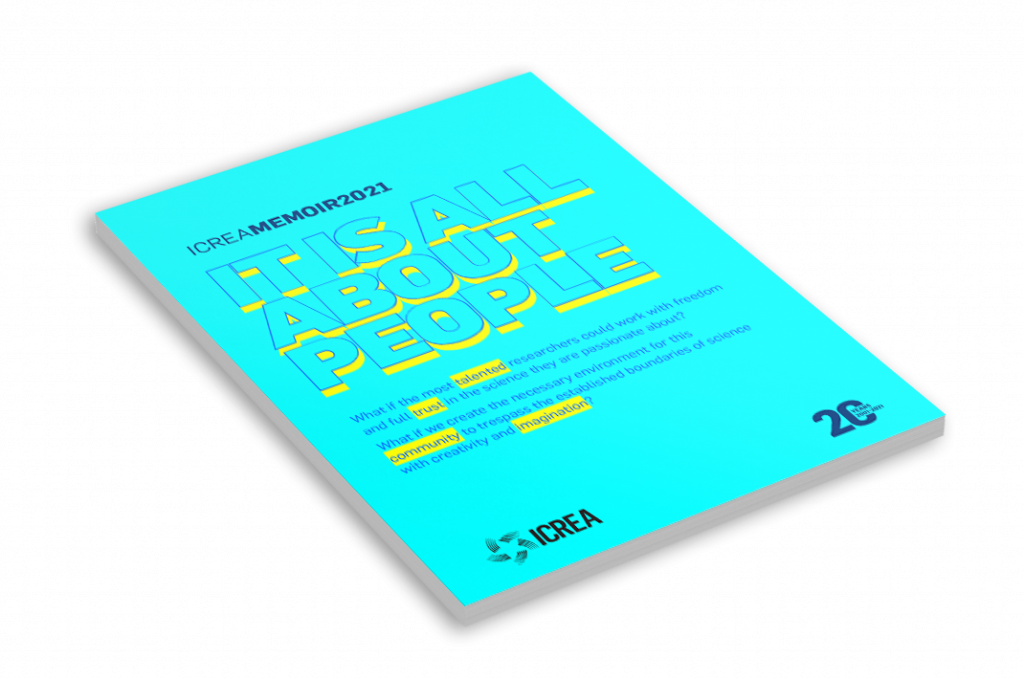Stefan Bromley heads the Nanoclusters and Nanostructured Materials (www.ub.edu/nnmgroup) group within the Institute of Theoretical and Computational Chemistry at the University of Barcelona (IQTC-UB). He obtained his PhD in Computational Physics (University of Southampton, UK) in 1997 and has held research posts in the UK (Postdoctoral fellow, Royal Institution), the Netherlands (Associate Professor, Delft University of Technology) and Spain (Ramón y Cajal fellow, UB). He has published >175 WoS-listed articles and 8 book chapters, which have received >6000 citations (WoS h-index = 37). He has given many invited talks about his work at international conferences and academic institutions and has co-edited two books and co-authored two reviews on computational modelling of nanoparticles and nanomaterials.

